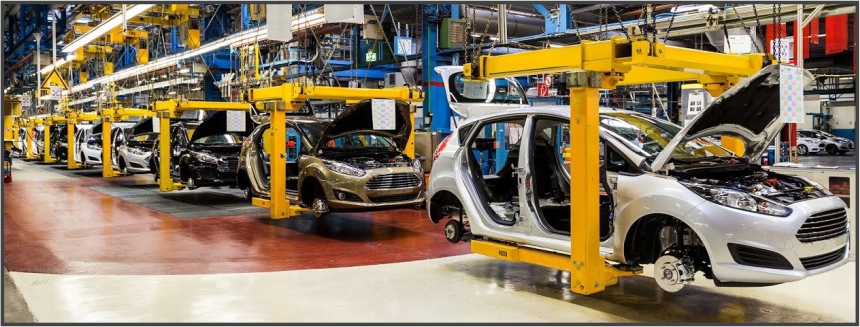Shift to BS-VI norms to create temporary hiccups in Automobile industry

The Central government has decided to directly switch over from Bharat Stage (BS)-IV to BS-VI emission norms from 1 April 2020. The government had earlier thought of shifting to BS-VI after switch to BS-V; however, the decision was changed to shift directly to BS-VI. The sale of BS-IV vehicles will also cease with effect from 1 April 2020.
With this announcement, automotive companies started the process of upgrading from BS-IV to BS-VI emission norms. However, the investment for upgrading to BS-VI will be much higher for manufacturers as everything from components to manufacturing plants and assembly lines needs to be upgraded. Apart from introducing new products, companies may even discontinue some models and upgrade selected models to meet BS-VI.
Also, post-transition to BS-VI emission norms, the price of petrol vehicles is expected to see a surge of Rs 10,000 to Rs 20,000 or more, while diesel-engine cars will hike by Rs 1.3 lakh to Rs 1.5 lakh. This is due to the higher cost of upgrading diesel vehicles to BS-VI norms.
Moreover, the change of norm from BS-IV to BS-VI is likely to have an impact on sales volumes in the market in both Q1 and Q2/2020.
Tata Motors is revamping its product portfolio as per BS-VI standards. The automobile company will have 400 new product programmes and 1,000 variants by April 2020. Moreover, the company will shed 120-140 models from its portfolio. The company is likely to invest Rs 2,500 crore towards this transition. The upgrades include Iris 0.5 tonne van, 55 tonne trucks, large buses, Tiago and Harrier SUV, with 40 different powertrain combinations in one to 5.9 ltr CNG, LPG, petrol and diesel engines with manual, automatic and automated manual transmission.
Mahindra & Mahindra is also gearing up for the transition. The company will be upgrading eight diesel and four petrol engines spread across over 50 products over the next 12 months. This transition will see for an investment of over Rs 1,000 crore. The company will be offering three petrol engines with displacements of 600 cc, 1.2 ltr and 1.5 ltr and is working on another petrol engine.
Ashok Leyland is likely to spend around Rs 1,800 crore. The company's capital expenditure, a part of which is slated for FY21, includes BS-VI transition, modular programme and development of LCV products. BMW India has officially started local production of BS-VI compliant diesel variants at its Chennai facility. BMW India has started assembling the corresponding variants of its 5 Series Sedan and the 6 Series Gran Turismo (GT). In the SUV line-up, the X1 is likely to be the first model to get the BS-VI diesel treatment.
Hyundai Motor India, on the other hand, is betting big on diesel vehicles when other companies are moving away from it, ahead of the implementation of BS-VI norms. The company is looking to have a monopoly in the compact diesel car segment, which includes Sedans and Sports Utility Vehicles’ (SUVs) smaller than four mtr. The company is currently offering BS-VI compliant petrol engine options for Grand i10 Nios and 2019 Elantra.
Apart from this, Maruti Suzuki is reconsidering its earlier plan to stop selling diesel vehicles as it can lose sizeable market share since its peer companies have decided to continue in the segment. The company has commenced work on 1.5 ltr diesel engine meeting BS-VI standards. The company has decided that it will not manufacture small diesel vehicles of the BS-VI standard but would reconsider if the market remained trendy.
The issues in transition from BS-IV to BS-VI are not only faced by the automobile industry, but also by car dealers since as per the Supreme Court ruling in 2018, no BS-IV vehicle can be registered in the country after 31 March 2020. This will create a challenge dealership to liquidate all stocks by the said date. Moreover, the risk will further pertain as consumers who are giving a second thought for purchasing vehicles will further contribute to the already existing slowdown in the industry. The dealers have now approached SC requesting it to allow inventory purchased before 1 March 2020 to be sold after the deadline in the event they could not be liquidated by the end of FY20.